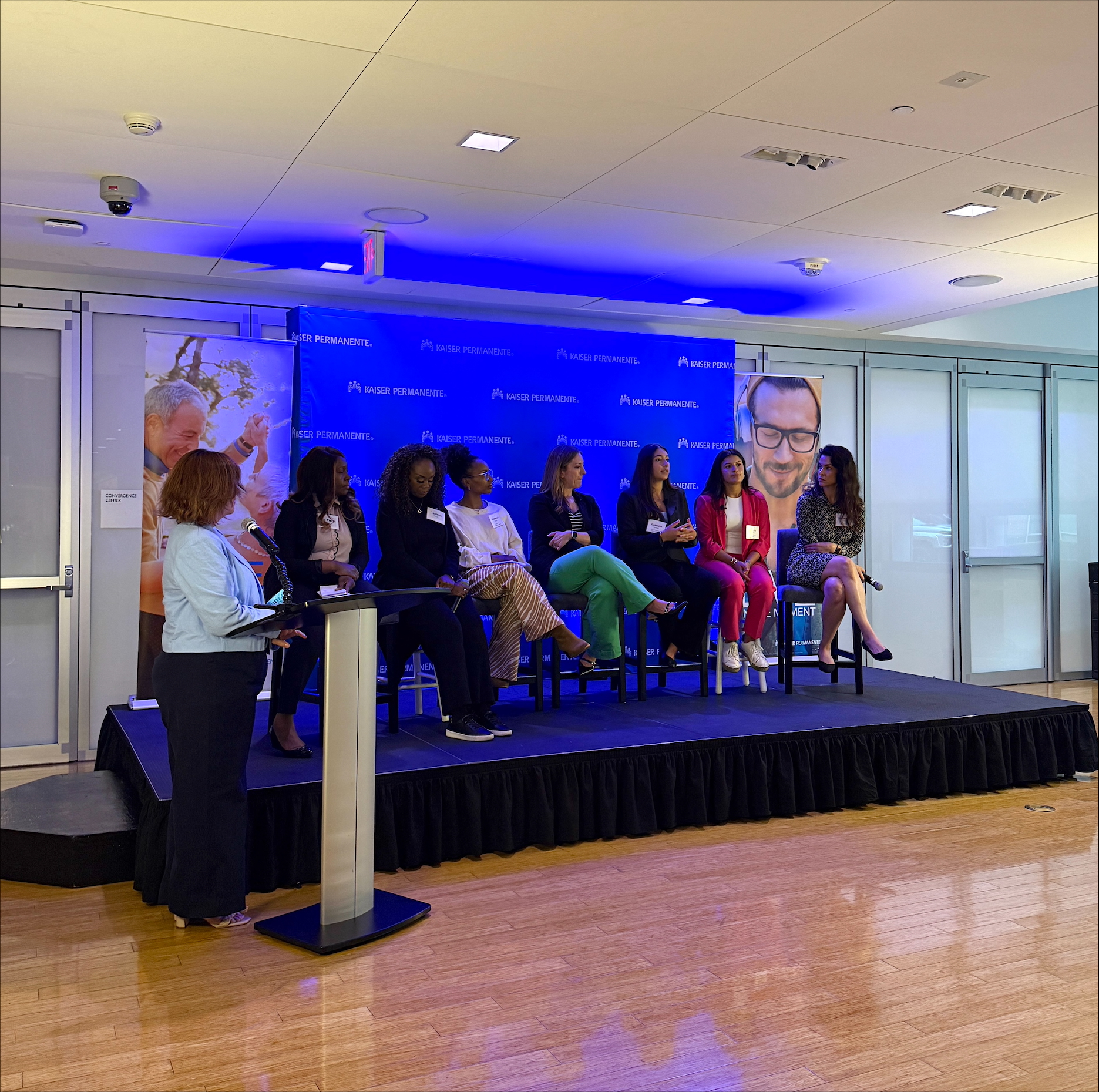KP supports healthy communities by helping to ensure that children enjoy a healthy and enriching summer.
The following op-ed was written by Kaiser Permanente Northern California External & Community Affairs vice president, Yvette Radford, and executive director of the Partnership for Children & Youth, Jennifer Peck. It has been published by the Bay Area News Group.
[divider scroll_text=””]
While summertime is known for bringing a rise in temperatures, it’s unfortunately also become an accelerator in the childhood obesity epidemic.
Summer can be an unhealthy time for students physically and academically as well.
The Centers for Disease Control estimates more than 1 in 3 children and adolescents are overweight or obese, and these children gain weight 2 to 3 times faster during summer break than during the school year.
What makes summer so unhealthy for so many?
For many children, school meals are often the most nutritious and stable source of food they get, and schools provide them regular opportunities for physical activity.
But what happens during the long summer months when children no longer have schools to count on?
This gap in healthy eating and active living opportunities impacts low-income children the most. A UC Irvine study documents the significant risks that summertime poses for low-income students with the triple threat of increased sedentary time, opportunities to overeat, and exposure to unhealthy food.
Worse yet, these unhealthy habits overwhelmingly carry into adulthood, with 75 percent of overweight children becoming overweight or obese adults.
Not only can summer be an unhealthy time for students physically, it can be unhealthy academically as well.
A vast body of research shows that students who lack access to enriching, high-quality summer learning opportunities risk “summer learning loss.” This loss in academic skills and knowledge during the summer months sets students back academically and contributes to increased student drop-out rates.
The average loss in math and reading skills for American students during the summer amounts to 1 month per year. Children from low-income families are disproportionately at risk.
Fortunately, there are solutions to prevent summer learning loss and protect children’s health during summer months — and partnerships are key to those efforts.
Offering high-quality summer learning programs in communities where a large percentage of children receive free and reduced price meals is one important strategy. This ensures that the children and youth who need nutritious summer meals the most have access to vital nutrition and important opportunities to learn, play, and be active.
New research shows these programs are bolstering success in school, as well as overall health and well-being, for the students at highest risk.
Public libraries across California are effectively partnering with community-based organizations to run summertime child nutrition programs that serve the dual purpose of providing children with healthy food while also engaging them in their local library’s literacy resources.
While these programs are succeeding, they are insufficient to meet the great need across California. Parents, government agencies, businesses, civic leaders, and community members who care about children’s academic and physical well-being need to join existing efforts to expand their reach and impact.
Kaiser Permanente and the Partnership for Children and Youth are working together to extend an active commitment to our communities’ youth to ensure that all children enjoy the healthy, active and enriching summer they deserve.
To learn more about how to help, visit Summer Matters and sign up to make sure children’s health matters during the summer.
This opinion piece recently ran in the Oakland Tribune, Hayward Daily Review, and Fremont Argus.




